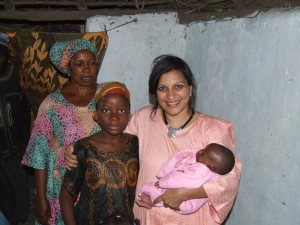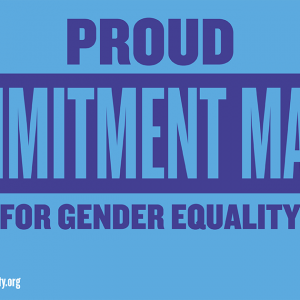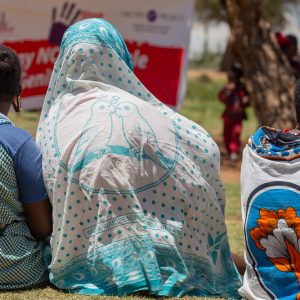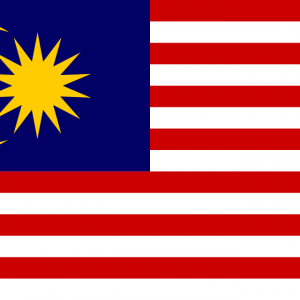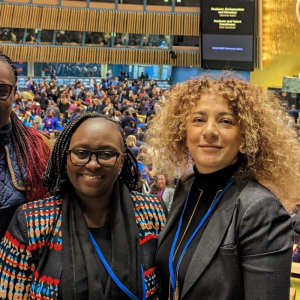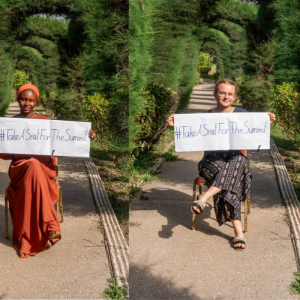Last year, I was in the village of Soudiane in Senegal. I was talking with Fatou Coulibaly. The heat was stifling, but we sat in the cool shade of her hut. As we talked, she gave me her newborn daughter, Salimata, to hold. Wrapped tight, I looked into her face, held her tiny fingers. “She won’t be cut. She will never be cut. None of our girls will ever go through that again.” Fatou said.
Six years earlier, while volunteering in Ethiopia, I had discovered the extent and scale of female genital cutting.
I lived with an Ethiopian family. The mother, with just as much love, just as much care for her daughter as Fatou, explained matter-of-factly that her daughter had been cut.
It made no sense. Everything I read about FGC talked of the horror, the barbarism, the torture girls go through. But what I saw was a mother doing what she felt was right for her daughter.
She was doing what her mother had allowed to be done to her, and her mother, and her mother before that. In so many of the countries where this happens, not just African ones, but Indonesia, Malaysia, Iraq – this is a practice that goes back hundreds of years. It is never questioned, because it has always happened.
125 million women are living with the devastating impacts of FGC. Three million girls a year are at risk of being cut, just in Africa. I couldn’t understand why the world wasn’t doing more, why people would just shrug and look away. That was the start for me. I quit my job and set up Orchid Project.
Over the past six years I’ve been privileged to witness the most incredible change happening.
Parents across Africa, just like Fatou, are choosing not to cut their daughters.
After months of education, human rights conversations, greater understanding of their bodies, the whole community – girls, women, men and boys, declare an end to FGC.
In Gambia and Somalia, I’ve seen villages that used to cut their girls, now swap that for joyful abandonment ceremonies. Nearly 10,000 communities have chosen to end centuries of tradition and stop the practice.
Now this grassroots action is spreading to the treetops. Governments are waking up. The UN General Assembly has passed a resolution. The UK’s Department for International Development (DFID) has become the largest donor ever to the issue, and have just held the largest, most committed gathering in history come together to pledge action that could end FGC within a generation.
The Girl Summit gathering in London was not just about governments. Girls, activists, businesses and you, the public, all played a role and will continue to do so. Thousands of people have taken the Girl Summit pledge. What was a taboo issue has now fostered a global movement. That’s something I’m proud of.
Momentum is with us. What is needed to end FGC in a generation is for us to come together and commit to making it happen.
In Senegal, Fatou Coulibaly has travelled to more than 200 communities where she has friends and relatives explaining why she and the village of Soudiane decided to abandon cutting. She’s tirelessly spreading the message. I, for one, know that we have to support her, and we will. Salimata, that tiny baby in my arms, deserves nothing less.

